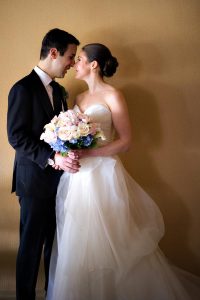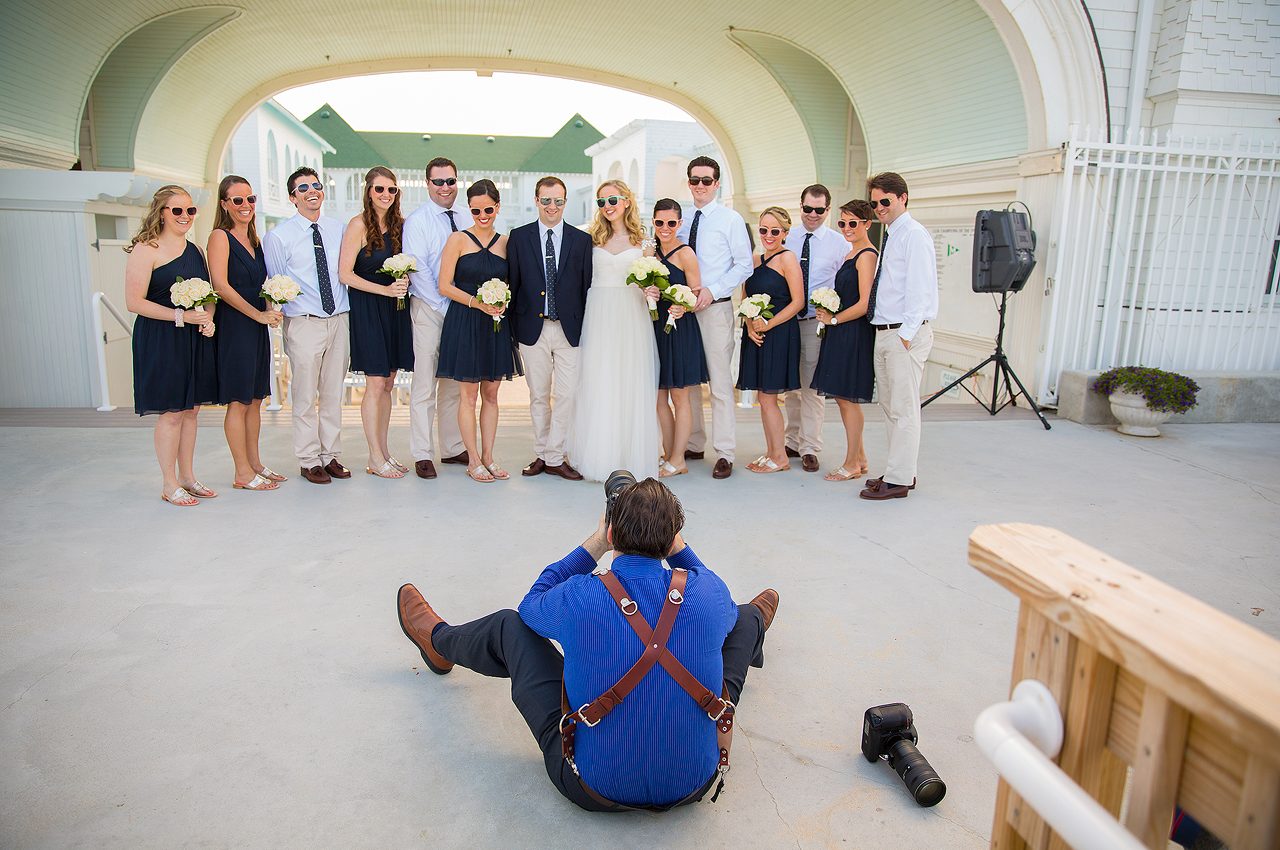 About a month ago, I was invited by a colleague to answer a few questions for a private photography group about how I juggle multiple careers and still enjoy life. I think it’s a subject that affects a lot of photographers and creative types that have many passions in life, but feel like they must choose one or the other. I disagree. I think you can be a wedding photographer and an editor and a Tiki bar builder or whatever and do it all, without losing your mind. So here’s the interview in its entirety. It’s a long read, but I hope it helps guide you on your journey.
About a month ago, I was invited by a colleague to answer a few questions for a private photography group about how I juggle multiple careers and still enjoy life. I think it’s a subject that affects a lot of photographers and creative types that have many passions in life, but feel like they must choose one or the other. I disagree. I think you can be a wedding photographer and an editor and a Tiki bar builder or whatever and do it all, without losing your mind. So here’s the interview in its entirety. It’s a long read, but I hope it helps guide you on your journey.
George, you run a successful wedding photography business AND have a full time job. How do you do it?
GLK: Technically, I have two full time jobs, one during the day and one at night and on weekends.
Tell us more.
GLK: Seriously though, it’s not hard, as long as you can budget your time properly and focus 100% on the task at hand. But there’s also something to be said about surrounding yourself with brilliant people, pushing yourself and working smart. This might not be the answer you’re looking for.
 I follow you. So how did you become a wedding photographer in the first place?
I follow you. So how did you become a wedding photographer in the first place?
GLK: I was a magazine editor in New York just as the double whammy of the recession and the collapse of the newspaper industry hit. Photography was my exit strategy. I couldn’t go to another magazine, because I figured they were all doomed. So I started my event photography business to have something to switch over to when the bottom finally fell out.
I bought all my gear the first year, using every cent I made from event and music photography. I set up my business plan and and then built my business up to the point where I was able to match my photography income with my day job income. Then I just sat and waited for the layoff and severance check that never came.
Turns out my social media and digital savvy somehow made me impervious to layoffs and I had to sadly watch all the crotchety, curmudgeon writers and editors that I called friends get the boot. I survived the recession, landed a gig as an editor at a tech magazine, built a decent photo business and had to learn to juggle both quickly. I realized in 2012 that I had to find a balance between the two beforeI ran out of wick on the candle that I was burning from both ends.
 So why do it? What inspires you to maintain two full-time careers?
So why do it? What inspires you to maintain two full-time careers?
GLK: My two biggest heroes are Greg Graffin, the lead singer of Bad Religion and my dad and I think both of them have molded me into the man I am today.
I grew up really poor, but never really felt how tough we had it because my dad worked two jobs during the week and had a part time job on the weekend. I never saw him and resented him for not being there for my baseball games, Boy Scouts, graduation, etc. As an adult, I realize now that he did everything in his power to give us the life that he didn’t have in Greece — food on the table, a roof over our heads and He-men and G.I. Joes under the Christmas Tree. I might not have had fancy clothes or could afford to go on class trips, but he took care of us. I’m pretty sure that’s where I got my work ethic from and why I never think twice about balancing two careers to give my family a better life.
Where does Bad Religion fit in? Who doesn’t love “Stranger than Fiction.”
GLK: My life was pretty much meandering nowhere in high school. I couldn’t focus in class, I was doing drugs and I was pretty much heading into a downward spiral, straight out of a Lifetime after-school special. That’s around the time I heard “American Jesus” by Bad Religion and my life completely changed. Punk rock, and the DIY ethos that surrounds it, made me realize that I could do whatever I wanted by myself. I wasn’t a good fit for the school newspaper, so I started my own fanzine. I hated that I couldn’t drive to NYC my favorite bands play the Roseland, so my friends and I started putting on shows in our backyards. The music on the radio sucked, so we started our own label. That’s when I realized that if you wait for the world to serve you, you will end up hungry.
Ironically, I was listening to the radio on Sunday while driving back from Baltimore and Greg Graffin was being interviewed on one of the rock stations. The DJ asked him he finds time to be a full-time singer in a pretty huge band, record albums year after year, write books, be a dad AND teach biology full-time at Cornell.
His answer was perfect, “I have to partition my life and make sure that everything I do is worth doing.”
 So is that what you do? Do you partition your life?
So is that what you do? Do you partition your life?
GLK: Pretty much. Every single second of my day is spent doing something productive or, at the very least, advances my life’s goals. I wake up, I work out, I go to work, I listen to business and marketing books while I’m driving, I answer client emails during lunch, I go home, my wife has consultations waiting for me most nights from 6 to 8 (she gives me an update on who they are and specifics about their wedding while I’m driving home), I watch one hour of television with my wife while eating dinner, I cull photos and wrap up contracts, bills, etc. from 9 to 10, I work on my motorcycles or practice guitar from 10 to 11, I blog from 11 to 12. It sounds crazy but I love this life.
On weekends I shoot weddings or engagement sessions and if I’m not working, I’m traveling every chance I get. I outsource EVERYTHING else, including post-processing and album design. My life is on autopilot and I’ve made it this way so that I can make the most amount of money in the shortest amount of time, before I’m too old to do this. Honestly, if I just did wedding photography all day, I would be bored out of my mind. And I’d probably start doing something else, be it writing, building stuff. I don’t know. I’m just hardwired differently.
Was it always that cut and dry?
GLK: No, in 2012 I shot 23 weddings and another 28 engagement sessions, events, graduations, etc. It almost destroyed me. That’s when I realized that having a day job gives me the ability to refuse clients that I don’t need, charge more without worrying about landing every gig and that I needed to set firm financial goals. For example, once I reach a certain amount of gross earnings, I have to stop taking new clients for the year.
Also, outsourcing was a big hurdle for me to overcome. I try very hard to spend as little as possible on a wedding and that $200 was a big chunk of change at first. But when I realized how much I was saving by not spending hours upon hours color correcting, and when I learned how to price myself to include the cost of outsourcing, it became a much easier pill to swallow.
 So is there a chance that you’ll transition to just photography one day?
So is there a chance that you’ll transition to just photography one day?
GLK: Probably not. I have worked my ass off to become a successful editor, writer and photographer, and I don’t want to give any of those passions up as long as I have the ability to juggle them all. I believe in never saying never, but I’m going to go as hard as I can for as long as I can.
I see. #MSH is a popular George hashtag…
GLK: Yes — I make shit happen. I think anyone can, as long as you have the drive and the ambition and are willing to work smart, not hard. It also helps to have a little bit of talent and an understanding wife. Just saying.
What advice do you have for photographers that are juggling wedding photography and a day job?
GLK: First, try not to burn yourself out. Never forget that photography is an art. Sure, it can prove lucrative financially, but it’s also a creative outlet and creativity thrives when you aren’t struggling to keep your head on straight.
Second, do not undercut your market. Having a second income stream means that you have the ability to scale your business without worrying as much about losing referrals or not getting every gig. Obviously, this is easier after you have a solid portfolio and are chugging along. Take risks and don’t be afraid to fail, because you have that security blanket.
Also, stay organized. Do not let one part of your life overtake the other and if it does, reevaluate your situation immediately and make changes. If you find yourself getting behind on post processing, not replying to client emails for days or screwing up at your day job, you need to switch up your game plan ASAP and start outsourcing non-essential work or scaling back on your workload.
Finally, get financially savvy now. I save all the money I make from photography and only use it for non-essential projects around the house. If you lose your job and have to transition to weddings as a sole income, you do not want to be caught with a lifestyle that you can’t afford and debt you can’t pay off.
 Do you think that becoming a full time wedding photographer is feasible considering how saturated the market is currently?
Do you think that becoming a full time wedding photographer is feasible considering how saturated the market is currently?
GLK: Absolutely. I could quit my day job and live just fine with just my wedding income, but then I wouldn’t have three motorcycles in the garage and a Tiki room in the basement. It all depends what kind of lifestyle you have and whether or not you can deal with the fluctuations in the market. A decent wedding photographer with good business and marketing skills could still book 30 weddings one year and then 10 the other, because the market fluctuates so much. What you are confusing is full time working for someone else versus full time freelance. Freelance is a very scary world if you are adverse to risk or can’t live below a certain means.
The other obvious thing you must consider (but no one really talks about) is spousal income. It’s easy for me to say I could go full time freelance (writer, photographer, whatever) if my wife is bringing in six figures. It’s a helluva a lot harder if you are the sole breadwinner or both you and your spouse are freelance. Again, it’s all about how much money you need to enjoy life and how well you can save and manage your finances.
Market saturation is a whole different story. Yes, the market is saturated with mediocre photographers charging $1,500 for a wedding. But there’s only one George, there’s only one John DeFiora, there’s only one Cliff Cooper, there’s only one Inku. If you market yourself and your vision and not your product and price, you will quickly realize that the market is not saturated at all.
Any final thoughts?
GLK: No matter how you manage your business, it’s still you business. Don’t get caught up in whether you are doing it full time, part time or whether you have a day job or tend bars in the evenings to make ends meet. The key is to follow your dreams and meet your goals no matter what anyone else says. This industry is littered with egos, jealousy and curmudgeons, but don’t get caught up in that. You will be happier and more successful in the long run.
I think it goes without saying, but whether you have one job or thirty, do not spend a moment doing something that you don’t absolutely love doing. The worst thing you can do is waste your life. If you die tomorrow, will you die content that you lived your life to the fullest? If the answer is no, stop what you are doing right now, and change course. Life is too short to not enjoy every minute of it.




